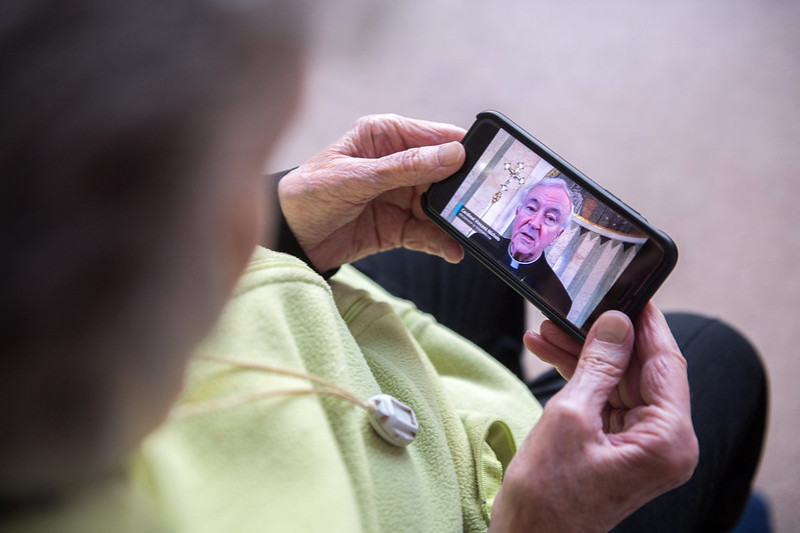
While some church leaders find the navigation of online platforms exhausting, other pastors revealed that their ministries have expanded their "external reach" through the use of technology.
According to the report titled "When Pastors put on the 'Tech Hat,'" shared by the CBN News, shifting to online platforms enabled churches to minister with countless people beyond their reach. It also helped them reconnect with previous members who have moved away.
"With the shift online, churches were shocked to discover the ways that an online service can become a wide-reaching net to whoever is interested in tuning in or watching," the report says.
"They found their online attendance to be much more consistent than onsite was before pandemic," it also unveils.
By holding the worship service online, pastors noted that more people are able to attend and even those who used to be "haphazard attendees" are now tuning in regularly. Another pastor also disclosed that with technology, their church has turned into "a 'global' church in Montecillo."
However, the success of online worship services also poses a concern for ministers.
"This reality that individuals may not return to in-person church services became a significant fear as pastors and church leaders realized their community and congregation could be impacted by this shift in conceptualizing church," the report states.
Because of the benefits that technology presents to the churches, the possibility of adopting a hybrid worship service after the pandemic was raised to the church leaders.
But the ministers responded that the hybrid approach will bring "intimidating challenges and technological questions."
"It seems that becoming a 'video church' requires different aspects of leadership from pastors, additional staffing, and roles changing, which church leaders wondered if they were ready for," a pastor explained.
The Bridge City Community Church (BCCC) in Oregon is one of the churches that shifted fully to online services in March 2020.
Marc Schelske, BCCC's teaching pastor, told the Baptist News Network that they initially thought of the online service as just a "short-term solution." But eventually, they discovered its potential to reach more people, which they should have done many years before.
Schelske shared that through online worship services, their church is making their gathering accessible to everyone who cannot go to the building due to various reasons, such as "financial, transportation, work schedule, mental and physical health, age and ability to drive."
Tish Harrison Warren, through her column on The New York Times, reportedly suggested for the elimination of online worship services.
Warren, a priest in the Anglican Church in North America, argued that while the online church is "necessary for a season" like this time of pandemic, it "diminishes worship," as well as the people.
"We seek to worship wholly - with heart, soul, mind and strength - and embodiment is an irreducible part of that wholeness," she added.
John MacArthur, senior pastor of Grace Community Church in California, also warned against the use of technology in place of holding onsite worship services.
MacArthur contended that such practice violates God's intention for Christians to work together. He emphasized that "Zoom church is not a church" but merely "watching TV."





















